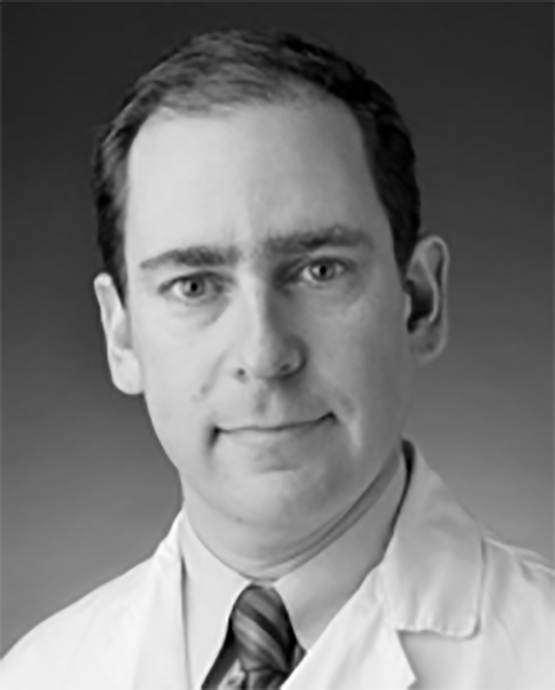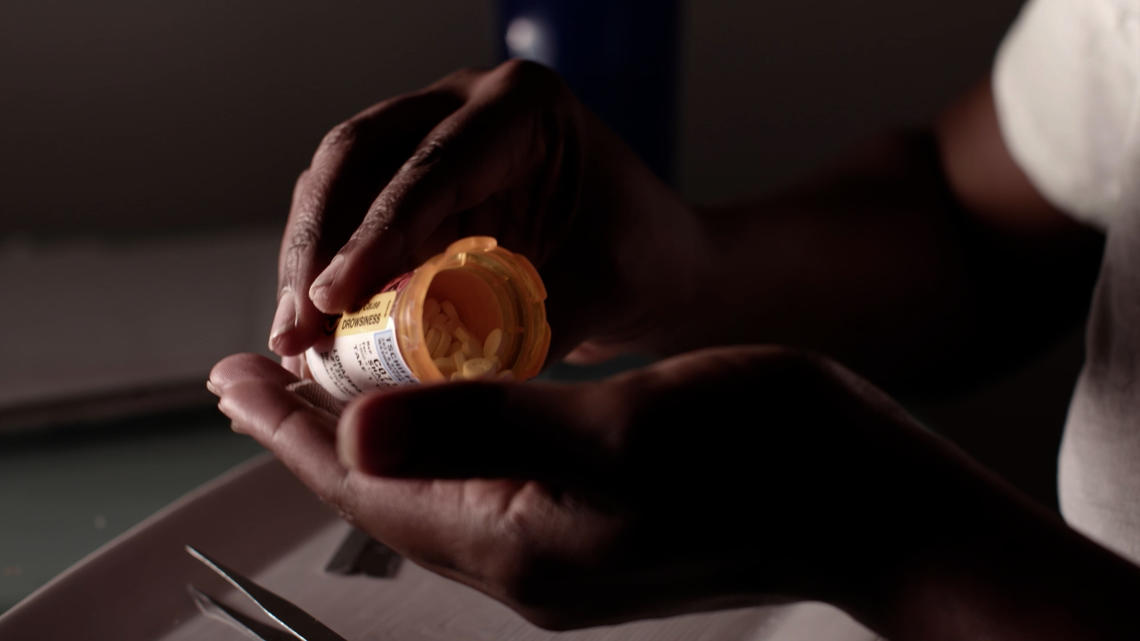
Eddy Lang.
June 6, 2022

Late-night television ads can get you thinking, pushing you to ’get checked’ for conditions that you may not have heard of, but now worry about. We are bombarded with messages of potential miracle treatments that promise to cure anything that ails you, and sometimes things that don’t.
But can the pursuit of a diagnosis, especially an early one where you do not have signs or symptoms, cause more harm than benefit? Some medical experts are calling for caution and encouraging people to discuss the potential consequences with a doctor before seeking tests or accepting a diagnostic label that may leave someone worse off.
This is the essence of overdiagnosis, which is defined as labelling a person with a disease or abnormal condition that would not have caused the person harm if left undiscovered.

Eddy Lang.
“Overdiagnosis is a vexing and controversial topic. But we also need to raise the awareness of it because that awareness can change the way health care is delivered and improve outcomes,” says Dr. Eddy Lang, MD, an emergency room doctor and the department head of emergency medicine at the Cumming School of Medicine (CSM). He is also chair of the Preventing Overdiagnosis Conference, an annual international gathering coming to CSM’s Foothills campus June 9 to 12. The event is open to the public for a cost and includes virtual attendance options.
Doctors and other health-care system experts, including some people seeking care, have been combating the negative effects of overdiagnosis for years, as many experts say it leads to overtreatment, stigmatizing labels and potentially harmful outcomes.
“Scientists, clinicians, policy-makers and other leaders from around the world are coming to Calgary to explain how we can reduce that risk,” Lang says. “And social scientists and psychologists will discuss the notion of shared decision-making, allowing the patient to understand the risks and benefits in the diagnosis process so that your preferences and values help guide the care decisions, rather than getting a test just because it’s a tick box on a list.”
Medical overdiagnosis is a very broad topic — examples can be found in the detection and screening for cancers such as prostate or melanoma, paediatric mental health, challenges like ADHD or bipolar disorder, and expanding thresholds for what is considered high blood pressure, to name a few.

Courtesy 2022 Periscope Foundation
“We’ve been trained in medicine to try to aggressively pursue early detection, catch things before they become problems and initiate preventative health care. The science isn’t always favourable to those approaches, and in some cases can do more harm than good,” says Lang.
More than 160 people have already registered for the event and 140 abstracts have been submitted. The annual conference has been taking place in different locations around the world for more than a decade. The Preventing Overdiagnosis Conference is run by an independent not-for-profit group, free of industry funding. The conference is managed by a group that includes faculty and staff of the University of Oxford.
“More intensive detection and prevention strategies may be well intended but sometimes less medicine leads to better health. The goal of the Preventing Overdiagnosis Conference is to improve health by mitigating the harms of unnecessary tests and diagnostic labels that lead to overdiagnosis and overtreatment,” says Dr. Timothy J. Wilt, MD, chair of the conference’s scientific committee and professor of medicine and public health at the University of Minnesota.
Conference organizers and the O'Brien Institute for Public Heath are presenting the documentary Medicating Normal at a June 10 screening. The documentary details what happens when profit-driven medicine intersects with people in distress. It follows the experiences of individuals struggling with serious physical and mental health side effects as well as neurological damage after taking drugs as prescribed.
The documentary screening, which is free to the public with limited seating, will be followed by a panel discussion with the filmmaker and psychiatric medication experts. Learn more and register.
Eddy Lang is an emergency room doctor, professor and head of the Department of Emergency Medicine at the Cumming School of Medicine. He is also a member of the O’Brien Institute for Public Health.